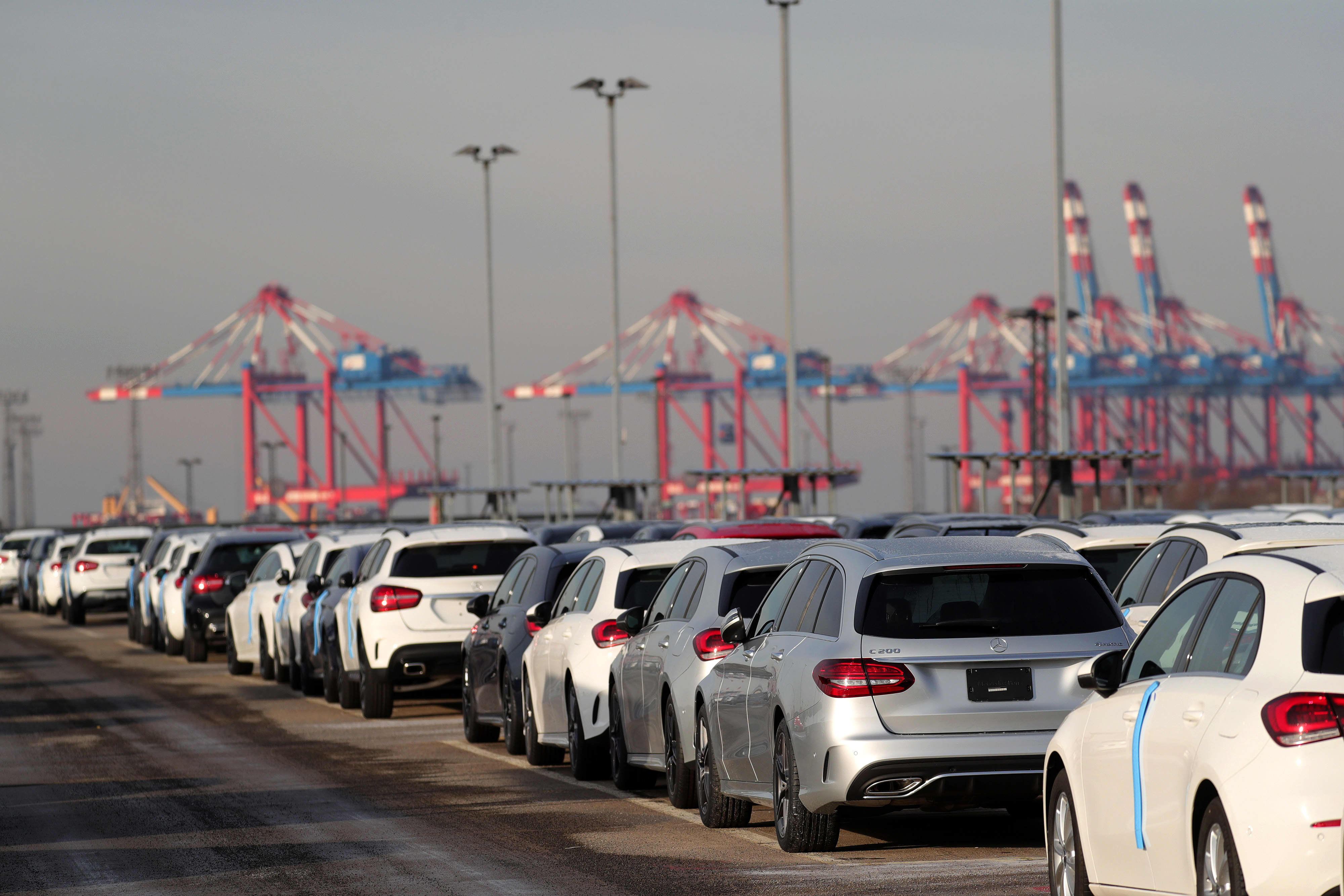The global economy would be hit hard if President Donald Trump decides to impose steep tariffs on imported cars, Citi's Willem Buiter told CNBC on Thursday, with Germany likely to bear the brunt of any losses.
The U.S. administration recently declared that some imported vehicles and autos parts pose a national security threat to the world's largest economy.
It comes after the Commerce Department submitted its so-called "Section 232" national security report in February. Specific recommendations from this report have not been revealed, but it is widely believed to have concluded that car and auto part imports pose a risk on national security grounds.
However, Trump stopped short of imposing auto tariffs last week, choosing instead to delay the decision for as long as six months to allow for more time for trade talks with the European Union and Japan.
"If we get in a position of tariffs under the section 232 act that the U.S. is threatening with, for which it has given a reprieve until November, then that would be serious," Willem Buiter, special economic adviser at Citi, told CNBC's "Squawk Box Europe" on Thursday.
"That would mean tariffs for car imports, for car parts imports, and that would hit Germany the most of any of the large industrial nations. That would be a first-order slap in the economic face," he added.
New Mercedes-Benz AG automobiles sit on the dockside ahead of export from the BLG Logistics Group AG terminal at the Port of Bremerhaven in Bremerhaven, Germany, on Tuesday, Jan. 22, 2019.
Krisztian Bocsi | Bloomberg | Getty Images
Europe's autos stocks have fallen more than 7% over the past week, with the sector down roughly 27% over a 12-month period.
'Extremely contentious'
The designation of foreign vehicles imported to the U.S. from some of its closest allies as a national security threat prompted a swift backlash from carmakers, dealers and international governments.
European Trade Commissioner Cecilia Malmstrom said via Twitter last week that "we completely reject the notion our car exports are a national security threat. The EU is prepared to negotiate a limited trade agreement (including) cars, but not WTO-illegal managed trade."
Meanwhile, Japan's Toyota Motor Corp described the designation as "a major set-back for American consumers, workers and the auto industry," Reuters reported on Friday.
The potential flare-up in transatlantic tensions comes at a time when the Trump administration is embroiled in several trade disputes around the world — including a protracted trade war with China.
"I believe this game will play out and go the entire round. And the reason is that the Americans don't just want talks about industrial products ... They want access for agricultural goods to the European market," Buiter said.
He described U.S. demands for concessions regarding agricultural goods as "extremely contentious."
"But, unless the U.S. gets concessions there, I think you would see a proper trade conflict — I would call it a trade war — between the U.S. and Europe in the new year," Buiter said.


